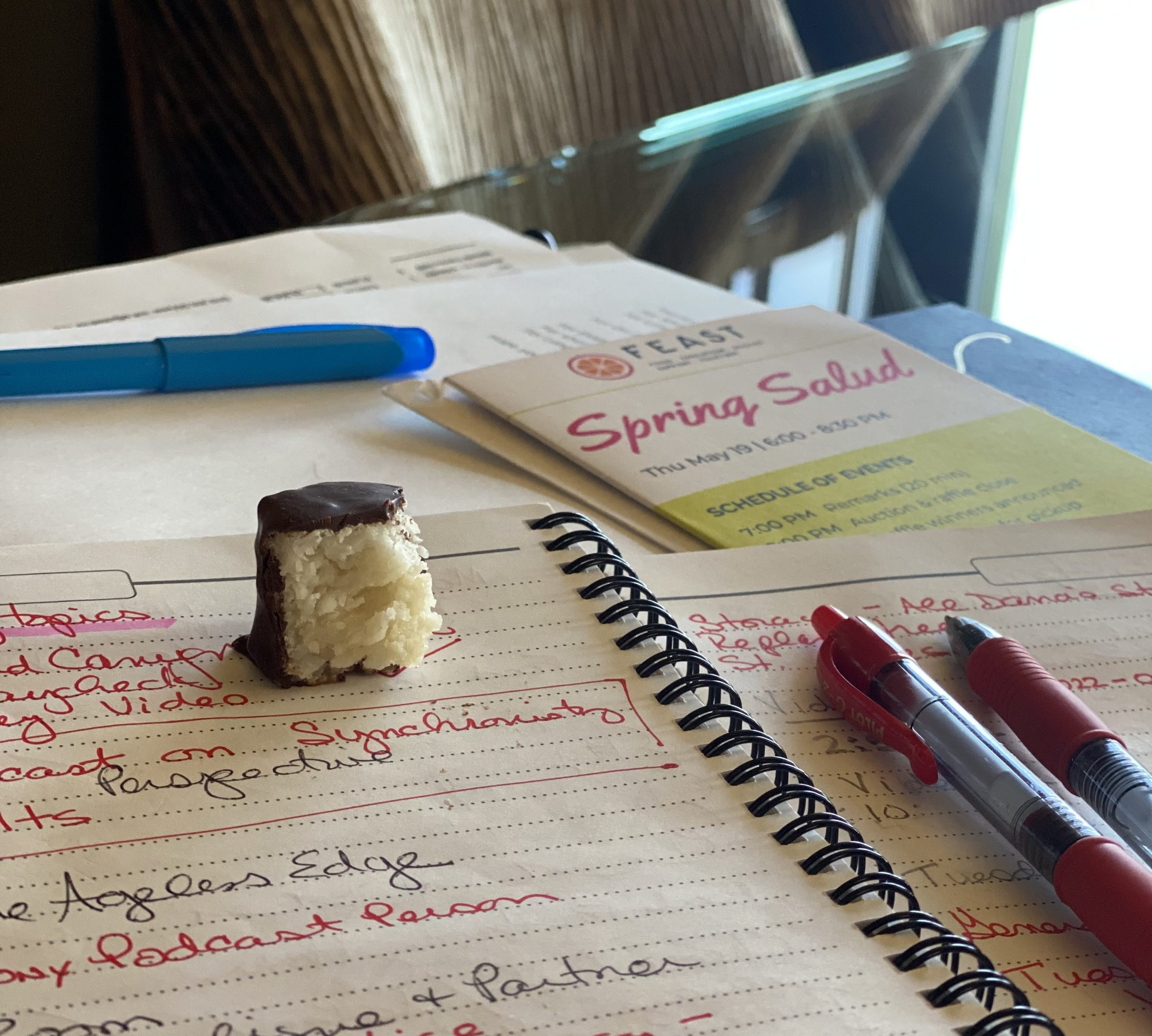Emotional Intelligence: How to reduce stress when you can’t take a vacation, and avoiding workplace burnout.
The CIO website, the EntreprisersProject.com, came to me and asked to contribute my thoughts on a reoccurring theme in the workplace: burnout and how and what to do about it. As always, I look through the lens of what the individual can do. As always, the industry does not matter, the science of success is the same.
The author, Stephanie Overby, approaches the subject looking at emotional intelligence. I have a deep appreciation for that perspective since studying emotional intelligence was the precursor to my devotion to positive psychology.
Let me know if you find this piece helpful.
By Stephanie Overby
Taking time away can help IT leaders recover from burnout and boost job performance. However, even those benefits can be temporary. According to the American Psychological Association’s 2018 Work and Well-Being survey, 40 percent of working adults said the beneficial impact of vacation time, like increased energy and reduced stress, last only a few days, and nearly a quarter said that the benefits disappear immediately upon return to work.
What’s more, it’s not always possible to take a vacation. However, there are ways IT leaders can recreate the benefits of getting away outside of the confines of paid time off, says workplace and career psychologist Dr. Andrea Goeglein, author of Don’t Die With Vacation Time On The Books.
Not only is it doable, Goeglein says, it’s necessary for IT leaders to continue to function optimally in their roles. Rather than designating a certain 14 to 21 days a year to manage environment, life, and work stressors, you can do that throughout the year.
Recharge using memories
“The mindset you establish while on vacation should become a part of your daily life.”
“The next time you find yourself facing a mental blank spot where your creativity used to be, or if you’re feeling more stressed and anxious than usual, consider taking what I like to call a ‘mind-vacation,’” Goeglein says. A mind vacation can help harried IT leaders recharge when they’re unable to take a real trip away from the office. “It is not that using daily stress reduction techniques should replace vacations,” she says, “it is that the mindset you establish while on vacation should become a part of your daily life.”
One way to do that is to recall the details of an actual vacation. “When you notice you are getting mentally fatigued attempting to solve a problem, think back on your perfect golf swing the last time you were in Hawaii. Don’t just remember the swing. Replay the entire experience, from the position of your feet to the clothes you were wearing to the soft breeze on your face to the way the club felt in your hand. Take yourself back through every moment and motion until the ball landed on the green. Then remember the pride and celebration.”
That vacation mindset can provide immediate stress relief, Goeglein says. “The key is to think of a few examples and keep them ready for recall when you need them.”
The memories don’t necessarily need to involve a tropical island or a trip to Paris. “Think of a run when you clocked your best pace or the first time you looked at your spouse. Remember a time when you solved a complex problem and saved the day,” Goeglein says. “Then, when the pressure is on and you can’t jump a plane to Hawaii, recall one of those positive memories.”
But leave the guilt behind
Outside of working hours, taking mental time off to binge-watch a TV series, get a massage, or take a long nap can deliver similar benefits, with one caveat: IT leaders need to indulge in the mental vacation without feeling bad about it. “The biggest mistake you can make is to take your guilt with you,” Goeglein says. “You’ll only emerge from your binge session or long nap feeling more stressed and frustrated, and less refreshed and creative.”
The same rule applies when “checking out” at work. “There are the feelings of guilt that high achievers naturally create. The combination of pride of ownership, the desire to achieve, and willingness to take responsibility can add up to a lot of guilt and regret,” Goeglein notes. “Excusing themselves in the middle of a stuck brainstorming session to take a mindset vacation break is just not natural [for IT leaders]. They do not naturally think they were hired to put themselves first.” However, any guilt will eat away at the positive benefits of a mental break.
“CIOs and IT executives are good at what they do for the same reasons they get burnt out and make mistakes,” says Goeglein. The bigger regret should be hitting a wall rather than taking some time out.
“When you notice you are reaching your willpower fatigue threshold, use your natural character strengths to take you on a mindset vacation and rejoin the project refreshed and ready to create again,” advises Goeglein.
Reposted from: https://enterprisersproject.com/article/2019/7/emotional-intelligence-how-reduce-stress?sc_cid=7016000000127eyAAA




